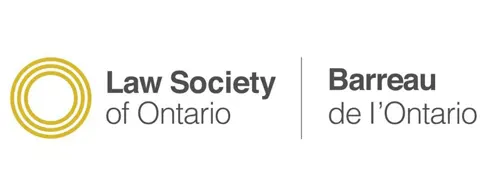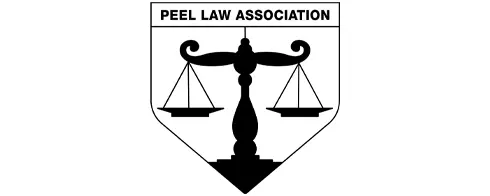Do You Have to Provide ID to the Police in Ontario? Understanding Your Rights
Knowing your rights when interacting with law enforcement is crucial. One common question is whether you are required to provide identification to the police in Ontario. Here’s what you need to know about your obligations and rights in these situations.
When Are You Required to Provide ID?
-
- Being Stopped While Driving
If you are operating a vehicle, you are legally required to provide your driver’s license, vehicle registration, and proof of insurance when requested by a police officer. This is a standard requirement under Ontario’s traffic laws.
-
- Being Detained or Arrested
If the police have reasonable grounds to detain or arrest you, they may ask for identification. In these situations, providing ID can help clarify your identity and expedite the process.
-
- Engaging in Regulated Activities
When engaging in activities that require a license or permit, such as hunting or fishing, you must present the relevant documentation if requested by an officer.
When You Are Not Required to Provide ID
-
- Casual Encounters
In casual interactions or if police stop you on the street without reasonable grounds, you are not legally obligated to provide identification. You have the right to ask if you are being detained and, if not, you may choose to walk away.
-
- Random Stops
If stopped randomly without cause, you are not required to provide ID. However, remaining calm and respectful is advisable while clarifying your rights.
Understanding Your Rights
-
- Right to Remain Silent
In situations where you are not required to provide ID, you also have the right to remain silent. You are not obligated to answer questions beyond identifying yourself if legally required.
-
- Asking for Clarification
If unsure about your obligation to provide ID, you can politely ask the officer if you are required by law to do so. This can help you understand your rights and obligations in the moment.
The Role of Legal Representation
If you believe your rights have been violated during an interaction with police, consulting a criminal lawyer can provide clarity and guidance. A lawyer can assess the situation, advise on any legal recourse, and represent you if necessary.
How a Lawyer Can Help:
– Case Evaluation: Review the circumstances of the encounter to determine if your rights were infringed.
– Legal Advice: Provide advice on how to proceed if your rights were violated.
– Representation: Advocate on your behalf in legal proceedings if required.
Conclusion: Know Your Rights
Understanding when you are required to provide ID to police in Ontario is crucial for protecting your rights. While there are specific situations where ID must be presented, knowing your rights during other interactions can help you navigate these encounters confidently.
For legal advice or assistance, consider contacting Manbir Nirwal. With extensive experience in defending clients’ rights, Manbir Nirwal provides comprehensive legal support tailored to your needs. Contact today to discuss your case and explore your options for defense.








